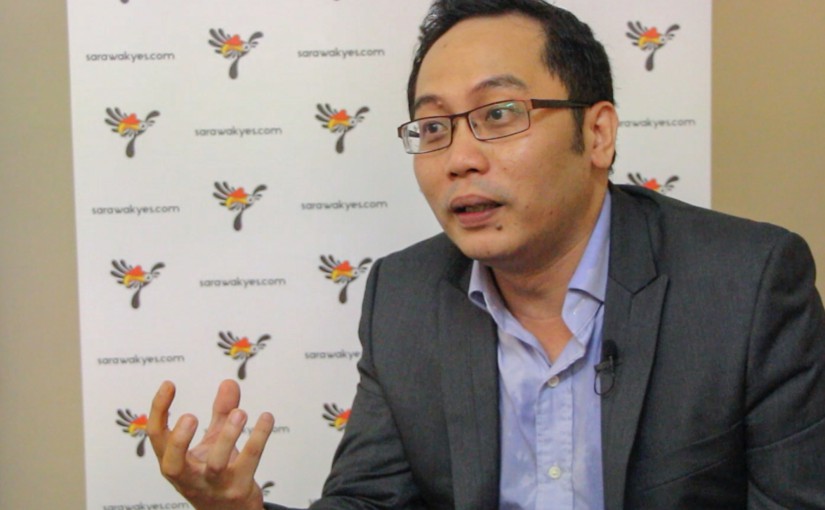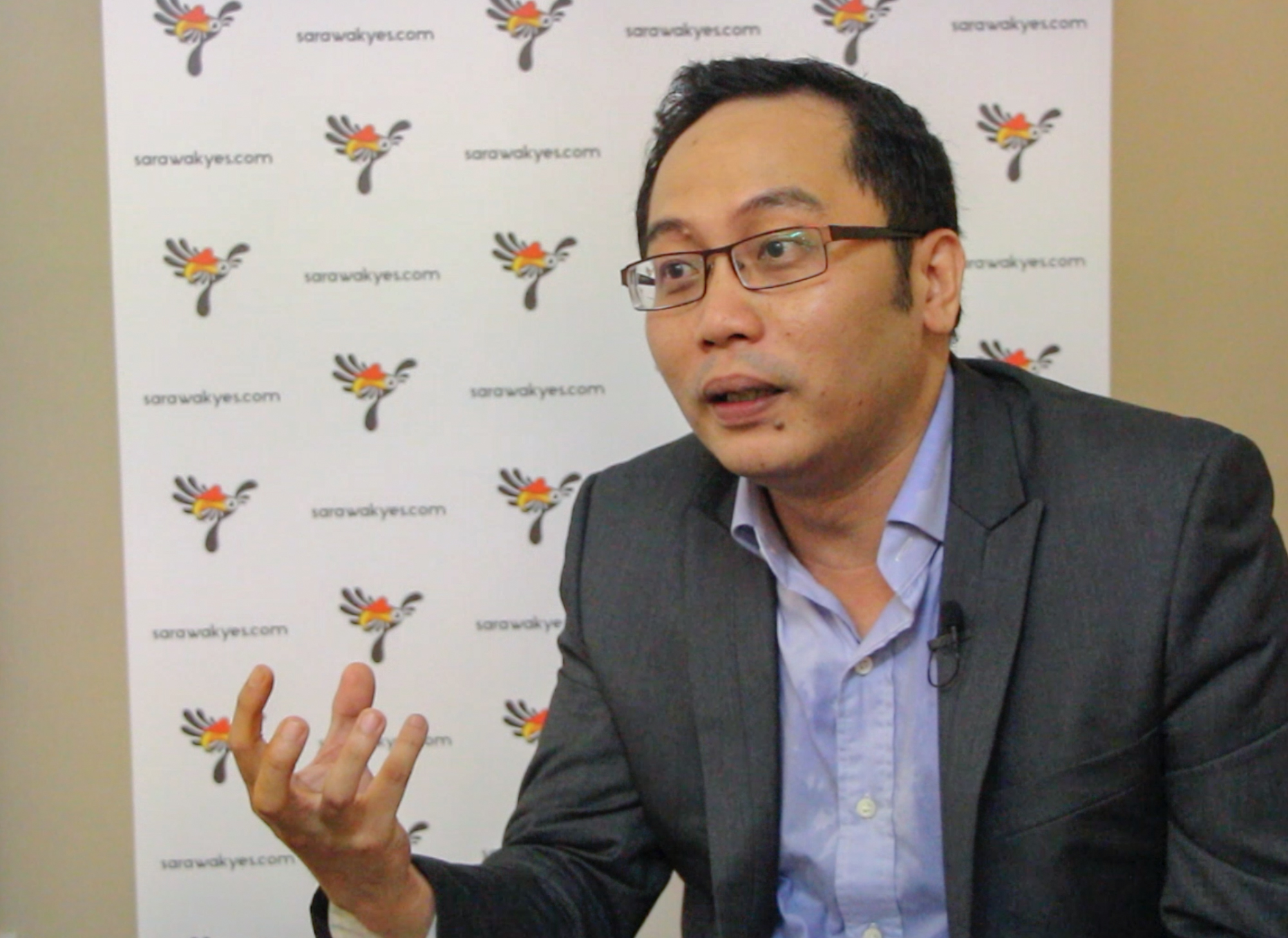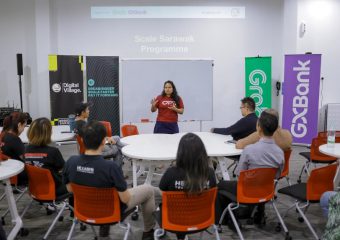Steve Chen, Senior Manager in Organisational Development of Naim Holdings Berhad, plays an important role in driving transformation in the company and looks into programmes on learning and development needs of the company. SarawakYES! had the opportunity to catch up with him during the ICE Fair UNIMAS 2015, earlier this month. He shared why is it important for job seekers to know their passion and strengths before taking up a job. Here is the full interview:
Q: What do you look for in an ideal employee?
A: This is one of the most commonly asked question. There is no such thing as an ideal employee but there is only a ‘best-fit’ employee. As an example, if a person can perform in a so-called MNC (multi-national corporation) company and having a good job performance – that is what I consider as best-fit. However when it comes to working for a new company, and the culture of the company that does not fit the candidate, then this candidate might not stay and not necessarily perform in the standards that is required. So what I’m always looking for is a best-fit employee in terms of skill, competency and also how the employee is adaptable towards the company.
Q: What is a good tip for job seekers who wish to work for your company?
A: The major tip I would share would be you must know where are your strengths and passion. If you’re good in Accounting & Finance for example, you’d automatically just fit right into the job and you’ll be able to perform above average.
Having said that, a lot of job seekers today get a job for the sake of getting a job, not a career – there is a big difference. When you learn to see your job differently, it’s more than just waiting for the end of the month when they get their salary. But career-wise, you’d always want to do more and produce more, and it’s good for yourself and for your career advancement.
As for NAIM, especially in hiring a fresh graduate, we’re looking for not just a technically-sound candidate, which is what they learn in university but people who have the drive in them to do well because we need the person that we hire to have a drive to do something without being told, in other words taking initiatives to complete the task.
Q: What are some of the important questions that job seekers should ask when considering a job?
A: Firstly, knowing what are your strengths is important. To know what you’re good at and being aware of what your peers are saying about you that you can do well. Because by knowing your strength, you can capitalise it in your job and profession.
Secondly, passion is very important. For myself, I have been involved in talents learning and development for more than 15 years because this is my passion. When you have the passion you will always want to do better each time. So finding a passion is one of the most important key to remember for a job seeker. Don’t just go for a pay check. Although it is important to pay your bills but you’ll need to have a sustainable career.
Q: How can a university or a college graduate better prepare themselves for the workforce?
A: University or college life can be an enjoyable journey but more than just going to lectures; a student should get involve with societal and community activities, such as corporate social responsibility programmes. That way they can stay updated with all the latest happenings in the country.
One of the thing I’d suggest also is if they don’t have any working experience, they can look into getting vacation jobs – it can be any kind – because this would teach them something that they don’t get to learn from the books. For example, how do you communicate with people of different age? In university or college, you’re most of the time surrounded by your peers but in the working life it is different scenario as there will be people older than you. It’s therefore an important skill you can pick up. Short term internship is also a good way for students to learn.
Q: What was your first job and what did you learn from that experience?
A: I started as a management trainee in a five-star hotel in the human resource department. Basically I did everything from administration work to assisting managers, produce reports etcetera. As a fresh graduate then, the most important lesson I learnt from that was interpersonal skills whereby I got to know how to get people to work with me and learned a lot about handling people issues. Another thing that was important for me was the ability to communicate my thoughts and opinions clearly.
Nowadays, people are so reliant on online media and basically they don’t talk face-to-face much, it’s all done through online media. I strongly believe in talking to people face-to-face as in the corporate world. You can study all about leadership and everything that can improve your skills but when it comes to communication skills, you’d need to apply it everywhere. This is because there’s always a people element in everything – which is why I feel interpersonal skill is a very important skill to have.
Q: What advice would you give those who are in the first five years of their employment?
A: I would say to prepare yourself before your final semester. Ask yourself, “what do you want to be?”, “what kind of industry do you want to work and have passion in?”. You need to start to apply for the kind of work that interests you, rather than looking for a pay that is high.
Another thing is that you need to look at the company background and culture. And also the immediate superior, because the first immediate superior will have a huge impact on your career. Next time if you become a manager, you need to know you will always have an impact on your subordinates, that leaves a deep impact in the person’s life. So, if you can, choose a good leader on your first job.




